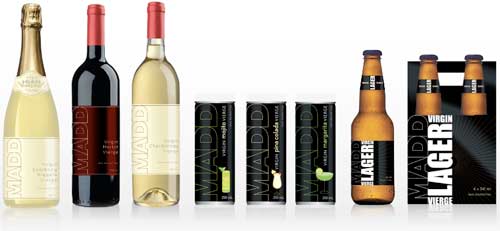A couple days ago, I gave you a bunch of links about the drug policy conference held in El Paso last week. With the last minute dropouts of the Drug Czar and the Border Czar, the conference had turned into a predominately reform-minded group, including LEAP, SSDP, local officials, and others, with admittedly varied views on the degree of reform, with the exception of one DEA rep.
This article gave some sense of that…
More than two dozen drug experts, academics, border journalists and law enforcement officials gathered to compare notes for three days about drug policy, coming from Mexico, the United States and even Colombia.
Two seemingly unlikely advocates of radical change at the conference were Terry Nelson, a retired federal agent, and James Gray, a California state judge, both of whom once sent drug offenders to prison. […]
The conversation was more choir practice than robust debate, as a consensus emerged that the enforcement-driven policy isn’t working. […]
Over three days of discussion, one voice was heard loudly defending the present policy.
“Ultimately what we are talking about is the obligation of the state to protect its citizens,†said Anthony Placido, who leads the Drug Enforcement Administration’s intelligence program.
Now compare that to this UPI story on the conference.
DEA official says don’t end drug war
EL PASO, Texas, Sept. 28 (UPI) — A top U.S. narcotics official told a conference on the border drug war that aggressive law enforcement must remain part of strategy to curb drug trafficking.
Anthony Placido, head of intelligence for the DEA, said drugs by nature were “mind-altering substances that destroy human life and create violence” and needed to be fought vigorously.
Hmmm… kind of sounds like he was the only one there. Do they reference the more than two dozen others speaking at the conference?
There were also calls for decriminalization of some drugs by proponents who said drugs were too well entrenched in the United States and that the law of supply and demand was too strong to resist.
Ah, yes. Good job, UPI. You managed to completely reverse the story.


